Special feature: Machinery electric technology
With mainstream passenger vehicle makers embracing electric technology at a global level, how long before we see similar mass-movement in the heavy construction machinery segment?
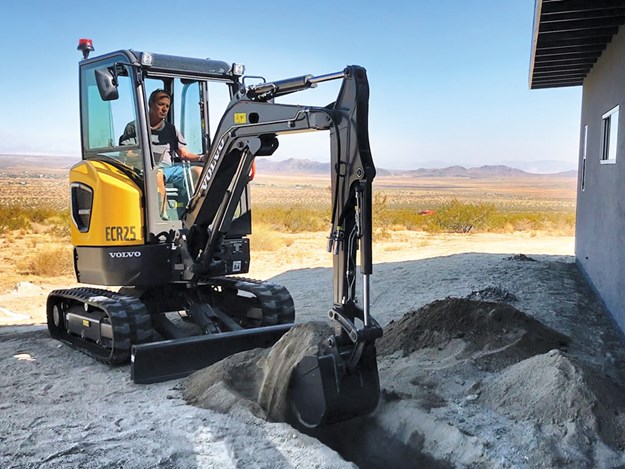 |
|
While more battery-powered machinery is appearing for sale, most models remain within manufacturers’ micro ranges
|
The global trend towards the manufacture of electric passenger vehicles for the mainstream market has gone from a Tesla-shaped trickle a decade ago to an unstoppable storm surge today, with almost every automaker—including some you wouldn’t expect—rushing headlong to develop and produce full battery-electric models.
Right now in Germany, the first major post-pandemic industry expo—the Munich Motor Show—is underway. And if you’re a car brand without an EV among your ranks, then you may as well pack up your petrol cans and go home.
For us in New Zealand, so far, the impact of the EV hasn’t been particularly keenly felt, but it will be. With several European countries having announced full bans on the sale of new petrol and diesel passenger vehicles in less than a decade, carmakers native to those markets are already rushing to swap out internal combustion engines for electric motors on a grand scale.
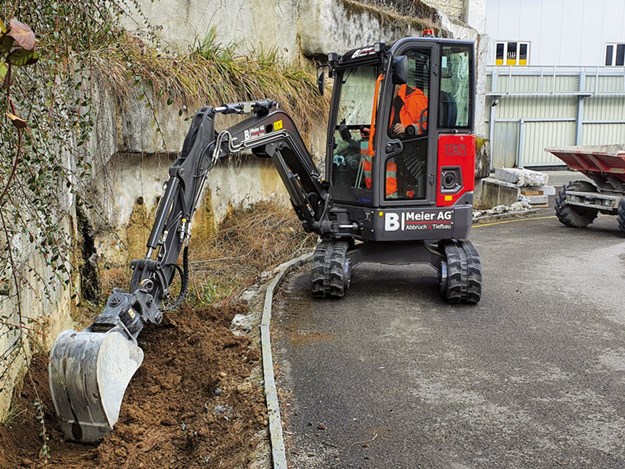 |
|
Much like the passenger vehicle market, the push to electric alternatives seems set to come from European firms |
Unless you never plan on purchasing a contemporary vehicle ever again, at some point, you’ll be thinking about your hybrid or, eventually, full electric options down here in New Zealand as well.
That goes for light commercial trucks too, with newcomer brands such as Rivian showing off impressively packaged workhorses, and stalwarts such as Ford and General Motors set to follow. Hell, even Hummer is coming back as an electric-only nameplate.
So, that’s as good as set in stone then. But what about bigger stuff? What about heavy construction equipment? Machinery isn’t impervious to the same global call for cleaner, greener technology that the car industry has had to bend and sway in the face of.
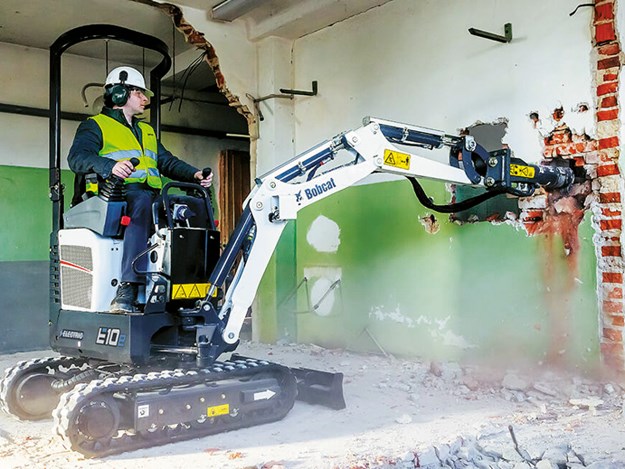 |
|
Zero emissions broadens the use of certain machines, especially in confined spaces
|
If anything, the groundswell of opinion around reducing emissions from diesel-powered construction equipment stands to be even stronger. Globally, the construction industry is responsible for 11% of energy-related carbon emissions.
The tiered approach that the EPA and EU have already taken with regards to limiting nitrogen oxides and particulate matters emitted by diesel engines shows that there’s a firm acknowledgement of this within the corridors of power.
But the emissions regulations probably won’t be enough in the long run. The site access road does indeed look like it could lead to an all-electric destination for excavators, bulldozers, graders, ADTs, skidders, and backhoes in the future.
After all, beyond the legislative box-ticking, everyone knows the benefits of all-electric heavy equipment would also likely include reduced noise, reduced service times with fewer mechanical moving parts, and a lower total cost of ownership.
The enormous technological development speed bumps that they pose aside, electrically powered construction machinery is a good news story for those that make such things.
And to be sure, mainstream construction equipment manufacturers aren’t sitting on their collective hands.
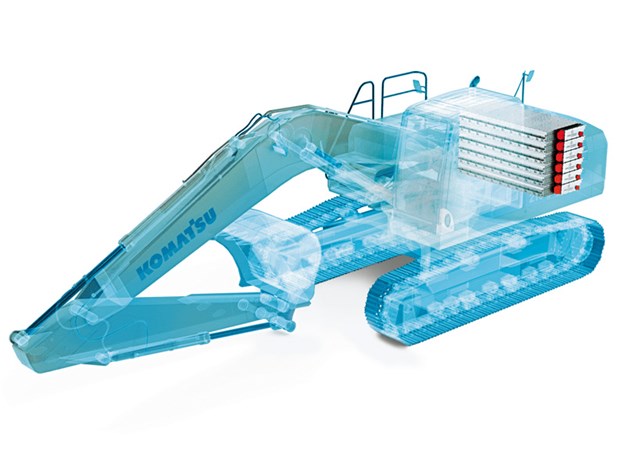 |
|
Many manufacturers, such as Komatsu, have aspirations to build much larger electric machines
|
Several manufacturers are rolling out not just hybrid-powered models but full-electric machines already. JCB and Wacker Neuson both have fully electric mini excavators in their ranges, as does Volvo CE and Bobcat. Other brands such as Hyundai and Komatsu are pushing ahead with electric models of their own.
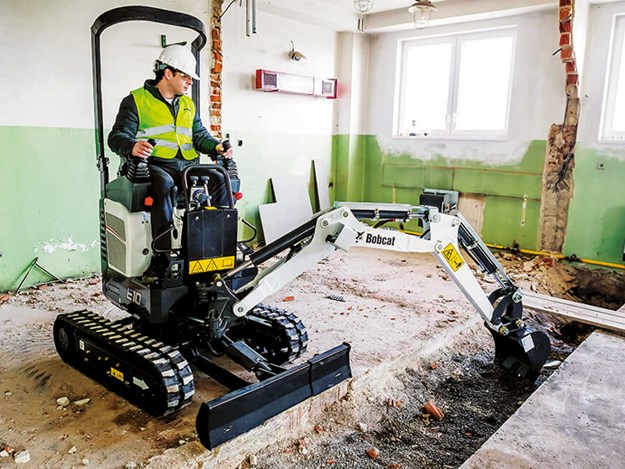 |
|
Machines like this electric Bobcat mini excavator also feature fewer moving mechanical parts, making servicing easier
|
The through-line with most, if not all, of the full battery-electric models seen thus far though, is that they’re on the small side. The true test for an equipment manufacturer will be successfully swapping out the diesel engine in something like a 29-tonne forestry excavator or 35-tonne soil compactor with lithium-ion battery packs.
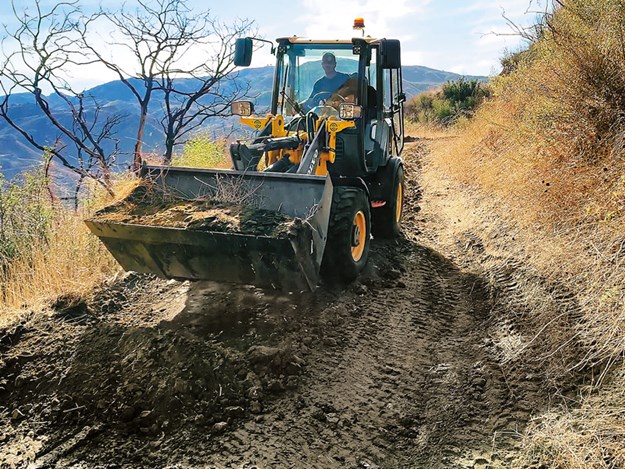 |
|
Electric construction equipment will be tasked with the same jobs as its diesel-powered ancestors
|
How would that perform in the wild? And perhaps more importantly, how would you recharge those batteries? The JCB 19C-1 E-Tec excavator will purportedly work all day on a six-hour charge, using an electric motor and three lithium-ion batteries to deliver 15kWh of power.
But a bigger machine is going to need more juice and—theoretically—is going to chew through that battery life a lot faster. And who has six hours to wait for a recharge when there are logging trucks needing to be loaded?
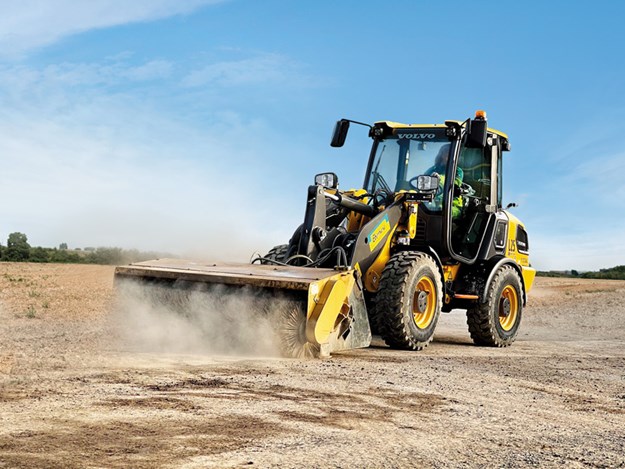 |
|
Recharging batteries in an efficient manner in the field remains a logistical hurdle for machine builders and potential customers alike
|
For now, it seems there are more logistical questions than answers when it comes to powering the big stuff with batteries. But maybe we shouldn’t be looking to the established manufacturers to solve these questions.
Are we likely to see the ‘Tesla of the heavy construction segment’ emerge? Seems a bit fanciful, but then Tesla’s accelerated path from arrival to early adoption to total adoration happened almost too quickly for the mainstream car manufacturers to figure out what was happening.
They’re playing catch-up now, although, it’s worth pointing out that catching-up happens a lot quicker when you have the resources of a Daimler-Benz or a Volkswagen Group. Building specialised civil construction equipment might be a harder game to play, especially for a newcomer.
There’s a perma-buzz of upstarts circling the passenger vehicle market and there always has been, regardless of what the source of motive power under the bonnet is. But the pure complexities and rugged requirements of the tasks at hand for any construction equipment builder could prove a steeper curve to climb for a tech company posing as an engineering concern.
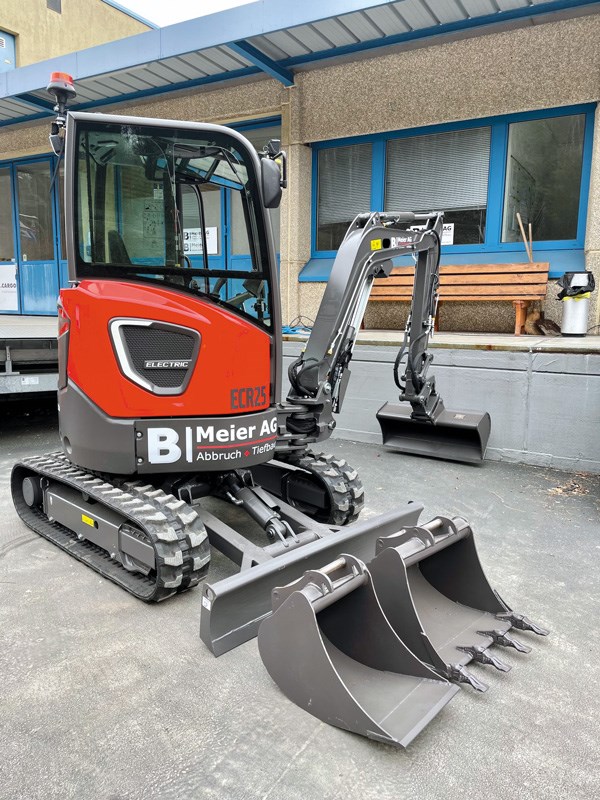 |
|
It might only be a matter of time before hybrid or electric machinery could be stipulated as a mandatory requirement for certain tendered projects
|
Still, you never know: Caterpillar Venture Capital—the part of Caterpillar Inc that invests in new tech—has invested in electric carmaker Fisker, builder of an electric SUV called the Ocean. Now, you can’t actually buy a Fisker Ocean yet (in fact, judging by the Californian carmaker’s website, they’re selling more t-shirts and drink bottles than tyres and brake pads), but you can still put a deposit down for one, and they will go on sale in the US in the not-too-distant-future.
In the meantime, Fisker is using the investment from Caterpillar Venture Capital to work on the development of solid-state batteries. Solid-state batteries for their luxury passenger vehicles? No: for use in construction and mining.
Never underestimate an upstart’s ability to turn the heads of the establishment. After all, that’s why there’s now all this fuss over electric passenger vehicles in the first place.
Find new and used heavy machinery for sale in NZ
Keep up to date in the industry by signing up to Deals on Wheels' free newsletter or liking us on Facebook.

.jpg)
.jpg)
-(1).jpg)
.jpg)
.jpg)

